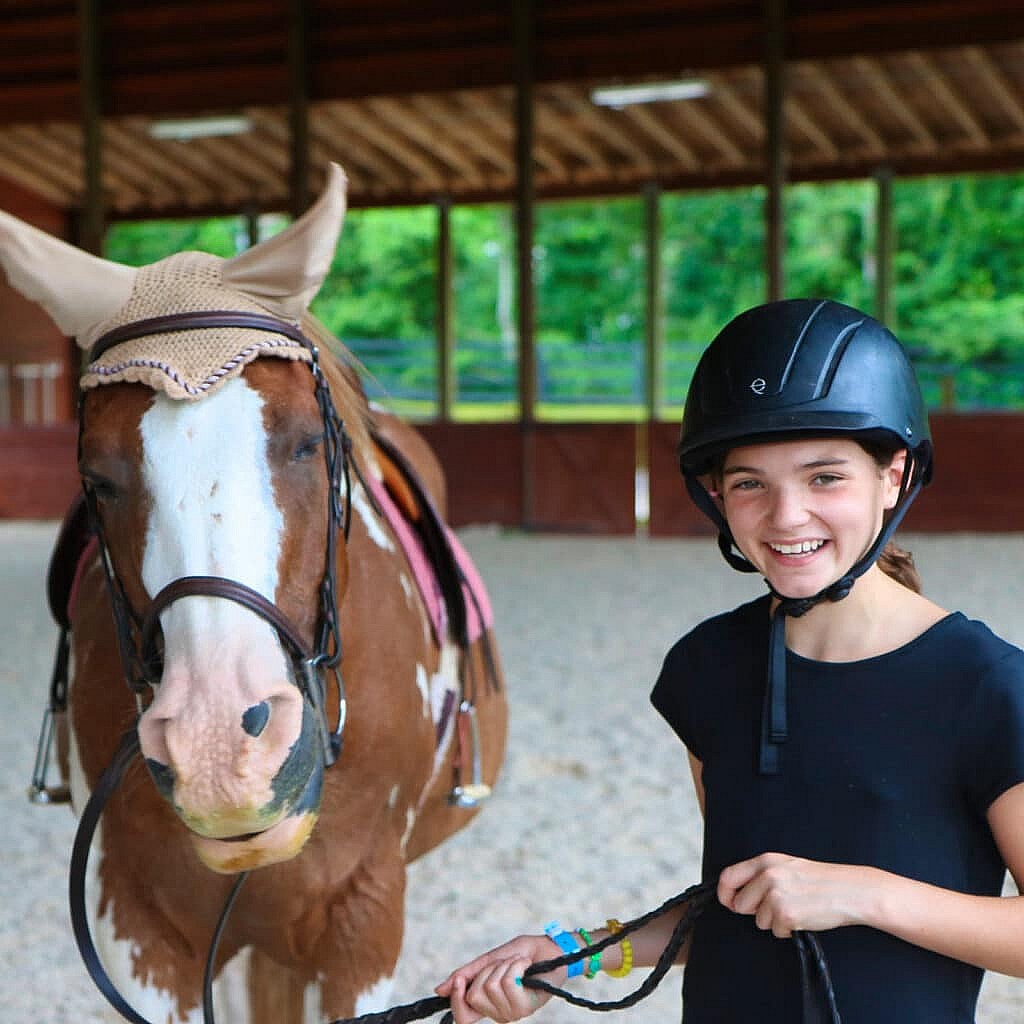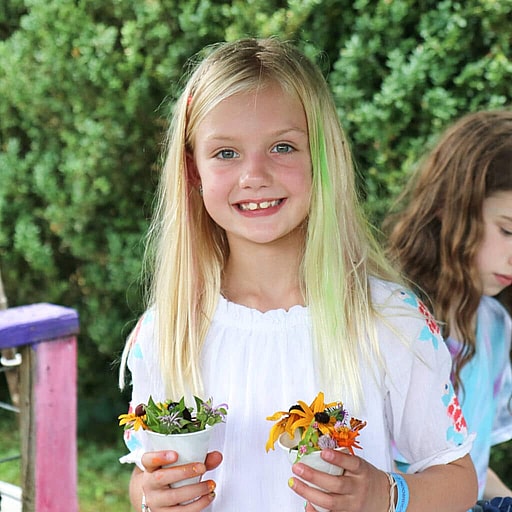I’ve been meaning to share an article I found back in March. It’s an overview written by Emily Oster on a Commentary published in the Journal of Pediatrics entitled, “Decline in Independent Activity as a Cause of Decline in Children’s Mental Well-being: Summary of the Evidence” (Published first online, February 23, 2023). The overview article is entitled, “What’s Behind the Decline in Teen Mental Health?”
You may have read that different organizations are observing a troubling trend among young people, specifically a marked decline in their sense of well-being. Especially recently, professionals that work with children and adolescents are puzzled why reports of feeling unhappy, dispirited, and anxious are rising. The data shows that this trend began around 2012 (long before the COVID pandemic, by the way). This article attempts to explain why we are seeing this trend among our young people.
Essentially, it claims another trend is (at least partially responsible for) driving this decline in well-being, namely a “decline over decades in opportunities for children and teens to play, roam, and engage in other activities independent of direct oversight and control by adults.”
The authors worry that kids nowadays have very little free time to act independently. Instead they are supervised in school for most of the day and then equally structured during after school activities like sports and clubs. They point out also that current parenting styles tend to emphasize safety so that children aren’t able to do things on their own. Helicoptering and snowplowing, these parents might be protecting their children, but they are also impairing their confidence and ability to act independently. They note similarly, contemporary kids are rarely given the opportunity to play with other kids without adults, to play freely on their own terms. Rare, they lament, are the kids who get to play outside all day until dark.


Smartphone use may be another force contributing to kids having fewer opportunities to act independently. The claim here is that time scrolling on your phone is inherently isolating. It’s a solitary, passive experience rather than a physical activity that connects you with others in the real world. If anything, kids nowadays are more dependent on their phones for their socializing, entertainment and knowledge of the world. Their sense of self is largely filtered through this technology, rather than built through the rich nuances of their five senses. Especially for kids, time on a smartphone is a tragic substitute for living. And as it steals your life, reducing your capacity for independent action, your mental health may suffer.


You can probably guess where I’m heading with this, and why this article caught my eye. Life at camp is the exact opposite of these modern trends, and so can be understood as a counteracting force. After all, kids at camp are extremely independent. Being away from home, they act independently throughout the day. Without their phones, they explore the world around them at their own pace. At Rockbrook they have hours of free time. Each day, they make a multitude of decisions, figuring things out along the way. Camp gives kids an incredible degree of self-directed agency, empowering them far beyond what most parents would grant. By the way, I think this is another reason why girls love Rockbrook; they really appreciate this kind of agency. With friends by their side, they feel good when they do things without the adults in their lives guiding every move. In so many ways, life at camp is custom made for independence. It helps build the confidence and even the desire to act independently in the world.
If all this adds up, then we’re really helping our kids by sending them to sleepaway camp. The opportunities they have at Rockbrook to act independently may be strengthening their overall well-being, serving as a buffer for some of the challenging influences of modern life. At the very least, we know that girls love camp. They’re both independent and happy while here. That seems like a great endorsement.




0 Comments
Comment section